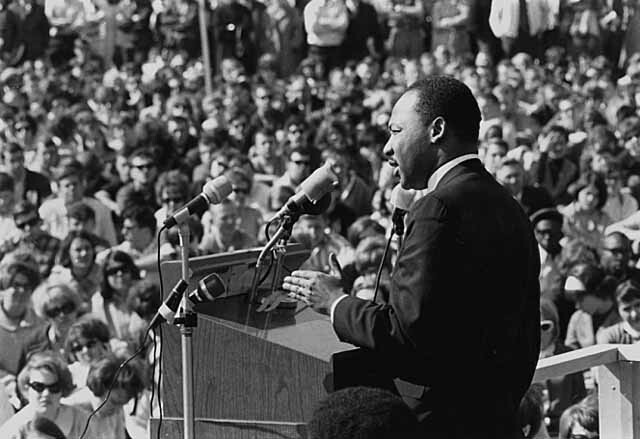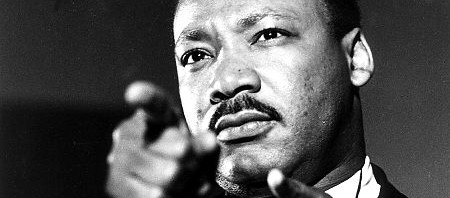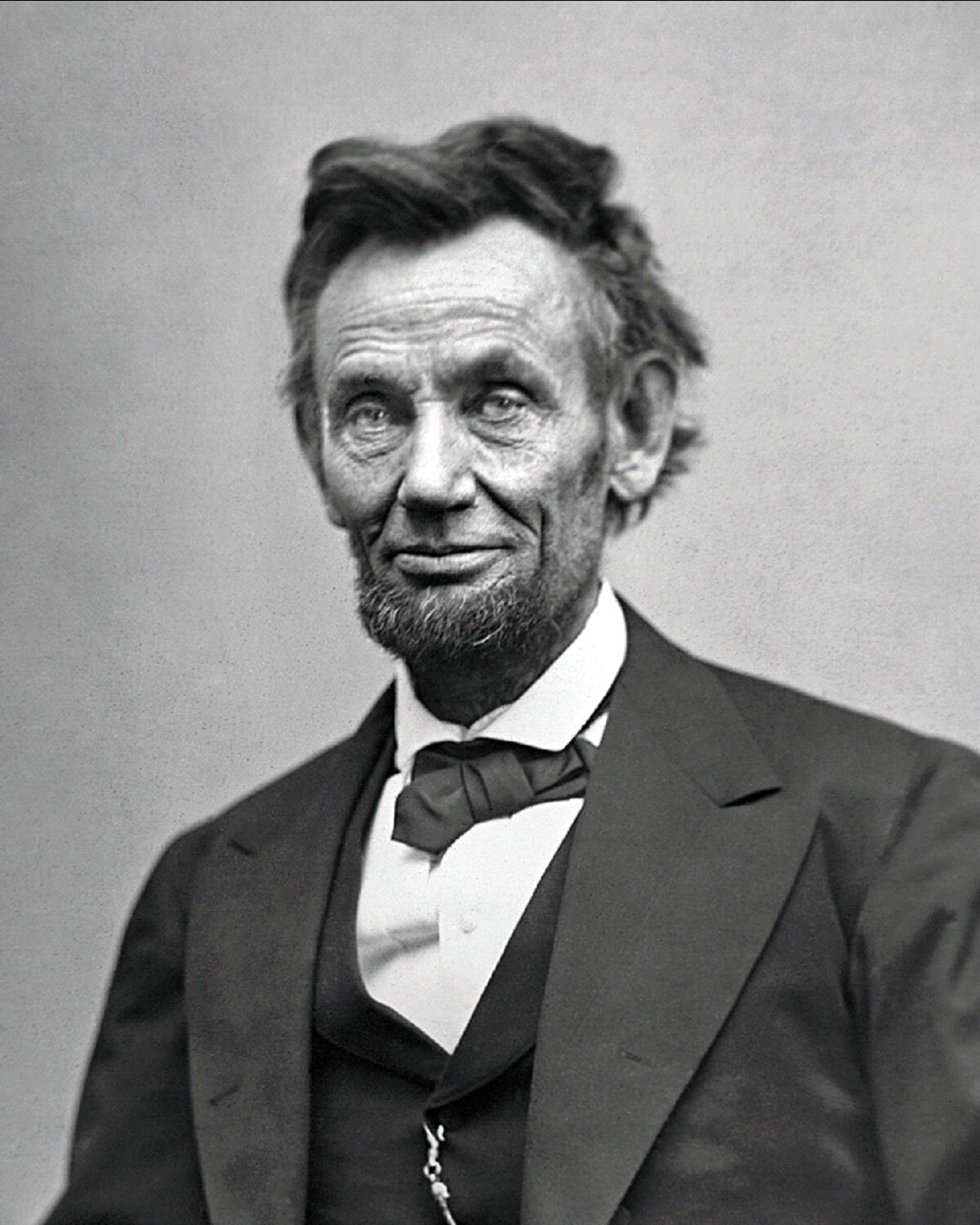This coming week, on Monday, January 18, we will be celebrating Dr. Martin Luther King’s life. Many leaders are faced with giving presentations to a wide range of people. I thought it might be helpful to share some of the things Dr. King used to move and influence sometimes less than friendly audiences.
I spent many years on the road presenting ideas for my best clients and partners. Every once in a while I was given an opportunity to try to motivate a large audience of several thousand people to take a look at a new product or service my clients were rolling out. I was actively involved in presenting these new concepts and technologies to less than friendly crowd.
The key thing I learned from Dr. King was to be authentic. Focus on what you want them to know and less on how you deliver the speech. When Dr. King put together his speeches, he would work on key ideas and thoughts he wanted to share and less on how he would share them. I believe a key strength Dr. King possessed was his ability to connect with many different people in his crowd. He did this by being prepared and by thinking in advance what he wanted to focus on during his presentations. When he was putting together his presentation he would think about whom he wanted to connect with and how he wanted to connect to them. People in his audience felt like he was talking to them personally, not to the crowd. He singled out different parts of the audience by talking about different parts of the country. He was comfortable acknowledging the distance they traveled to hear him speak.
Authenticity comes from being who you are and not trying to be someone you’re not. You should look for opportunities to connect in your own way. If you’re an engineer, be an engineer, strive to connect with your audience in a different way than other speakers. Be willing to share who you are with the audience. Dr. King shared his role as a parent and his dreams for his children when presenting his “I Have a Dream” speech. It connected with every parent or grandparent in attendance.
If you are authentic in your presentation, you will influence others. Authenticity provides the foundation for the rest of your presentation. Now let’s look at several ideas to help you become a stronger presenter.
The first idea is to support your strongest ideas with others’ thinking. Look for other well respected peoples’ thinking on a topic. Let other people help you establish your expertise. Dr. King supported many of his ideas with famous quotes, bible verses, and personal stories. By spending some time on the Internet today you can find many different people’s thinking on your topic quickly and easily. Add these to you speech to support your position. The more well researched you are, the more confident you will be in your presentation.
The second idea is be willing to use the pause to add weight to your presentation. Build pauses into your presentations and watch how much easier it is to cover the information. Pauses can provide your listeners time to gather their thoughts or to focus on what you just said. Almost every part of a presentation can be improved by adding pauses for impact. Pauses add emphasis to the things that are important in your speech. I try to pause for 1 or 2 seconds to make a point when I deliver a presentation. When you see a great presenter present watch how they use pauses. You can see how effective they are at using pauses. It will feel awkward at first, but try it you’ll be glad you did.
The third idea is vary your speaking pace. For many of us, we speak quickly when were excited and slow down when we are tiring. Public speaking can be hard work and keeping your clients’ energy up is critical to your success. Take time to consider how you want to cover the material. Many new speakers try to cover too much, when less is more. Take time to understand how much time you have, then work to fill 75% of it. Develop your material so that you don’t have to rush to the end. Avoid overwhelming your audience with too much information. If you have time left at the end, you can use it to answer questions.
The fourth idea is lower your pitch when you talk. Since most of us are already nervous, the pitch of our voices might go higher. By lowering your pitch, your speech will sound more natural. Deeper tones give your voice more authority. Use a larger vocal range than you might when talking to one person. If you extend your vocal range, you will be able to keep your audience’s attention longer. This takes practice but will pay off with a better presentation. When you’re thinking about the presentation, think about how you would share this information with friends and colleagues. Practice it several times before taking it on the road.
The final idea is ask your audience to do something with the information they just received. Don’t be afraid to inspire others to action. Ask them to take action. Your presentation can create a way for them to take action. Don’t be afraid to inspire others to action.
If you would like to learn more about Dr. King and his life, you can learn more at this earlier blog on Developing Serving Leaders
By doing these simple things you can become stronger, more confident speaker. If you find that you enjoy giving presentations and want to improve more, you might want to consider joining a Toastmasters Club in your area. They are great place to improve your speaking skills and network with other professionals in your community.
See you next week!
Originally published on Market Leadership Journal




